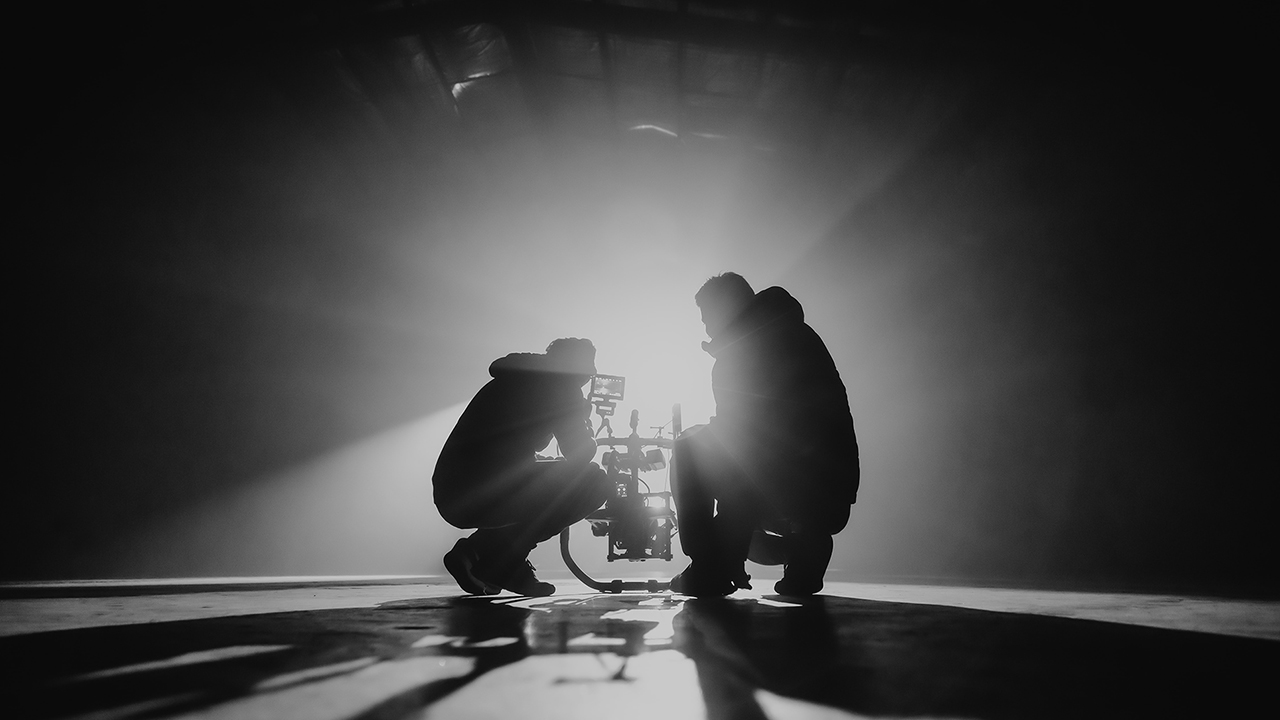We became hyper focused on the concept of “grit” with the stratospheric rise of Angela Duckworth’s eponymous book in 2018. As hardworking leaders struggling to make peace with our human limitations and the massive challenges in our world, we were beyond intrigued: We were sold. A formula and path where more effort equals more impact? Sign. Us. Up.
It was easy to embrace Duckworth’s ideas, which nestled comfortably between the Protestant work ethic and our nation’s “pull yourself up by the bootstraps” ethos. Like Duckworth, we see perseverance, passion, and effort as virtues that should be cultivated. But after years of trying to grit it out, our feelings of inadequacy only intensified.
We’re definitely fans of Duckworth’s work and true believers in the importance of grit, but we’ve also come to believe that grit makes a faulty foundation. Amid our growing discouragement, we began to look for the secret to serving Christ with sustained hopefulness amid inevitable challenges. We turned to the pages of Scripture and to interviews with long-serving, “gritty” leaders around the world who had demonstrated what Eugene Peterson calls “long obedience in the same direction” for decades. Time and again, these leaders spoke of something deeper than grit and, rather, a truth God revealed through the prophet Jeremiah thousands of years ago:
This is what the Lord says:
Cursed are those who put their trust in mere humans,
who rely on human strength
and turn their hearts away from the Lord.
They are like stunted shrubs in the desert,
with no hope for the future.
They will live in the barren wilderness,
in an uninhabited salty land.
(Jer 17:5–6)
Cursed. Stunted. Barren. We felt it. Despite our best efforts, we could not solve the many challenges confronting us at work and at home. We were living this picture of unfulfilled promise — living things created to flourish but rooted in our own deficiency.
Jeremiah has often been called the “Weeping Prophet,” and certainly he had plenty to mourn. The prophet and his contemporaries watched everything they cherished and hoped for crumble. Their leaders failed them. Their city walls no longer protected them. Their security, safety, and certainty evaporated. Their hope ran very thin. Many of them gave up on God. And no amount of positive thinking or inspirational Christian wall art promising a hope and a future would change their circumstances.
For his service, Jeremiah was rejected, ridiculed, locked up, and left to die. But Old Testament scholar Samuel Hildebrandt shared that, from his perspective, the “Weeping Prophet” moniker is a misnomer. Jeremiah could better be termed the “Persevering Prophet.” Despite seemingly ceaseless challenges at both national and personal levels, Jeremiah remained God’s faithful and hopeful servant.
Jeremiah 17 goes on:
But blessed are those who trust in the Lord
and have made the Lord their hope and confidence.
They are like trees planted along a riverbank,
with roots that reach deep into the water.
Such trees are not bothered by the heat
or worried by long months of drought.
Their leaves stay green,
and they never stop producing fruit.
(Jer 17:7-8 NLT)
We desperately want to resemble thriving trees rather than stunted shrubs, but the answer won’t be found in another self-help book, the right exercise routine, the latest time management app, or a five-step plan to grow our resilience. Our inability to grit it out is not a flaw to be remedied or a shortcoming for which we must compensate. It’s an invitation to root ourselves in a very different source: not in our grit, but in Christ.
Far too many who follow Christ have made an idol of grit, putting our faith in the gift of our abilities or intelligence rather than the Giver, attempting to take on the intractable issues of our day — or even just our daily lives — in our own strength.
We believe ourselves qualified and capable, turning inward toward whatever resolve and resilience we can muster. It’s pride and, Jeremiah would suggest, idolatry. But this type of humanism falters when the winds of pain and disappointment blow. Our good intentions can never be good enough to sustain us for the long term.
Far too many would-be do-gooders have grown disillusioned and then sidelined by cynicism as their expectations collide with the reality of just how difficult their calling may be. Many who have made grit their idol are collapsing under the weight of the burdens they bear: We see it in our nation’s “Great Resignation” and in a plethora of recent studies that highlight just how many people are disillusioned with service. A 2021 Barna study revealed that 38% of pastors had considered quitting full-time ministry in the year prior. In November 2021, another survey showed that a staggering 90 percent of nurses were considering leaving their profession in the year to come. This year, a study by the American Psychological Association revealed that nearly half of our nation’s teachers (49%) hoped to leave the profession or at least their school. Without minimizing the role of systemic shortcomings, these statistics point to a crisis of hope — and it won’t be solved by looking deeper within ourselves.
Through the prophet Jeremiah, God invites the disillusioned or discouraged to pursue the alternative of “in my own strength” humanism: hopefulness, rooted in trust and active expectation in God’s strength and faithfulness. He invites us to sustain hope amid the drought because he is the one who sustains. He invites us to cultivate deep roots that reach the ever-flowing source of living water.
Jesus said that when we put God’s words into practice, we are building our house on the rock. How often have we traded a foundation of rock for a foundation of grit that won’t sustain us? Jesus’ story of the wise and foolish builders in Matthew 7 comes to mind:
The rain fell, and the floods came, and the winds blew and beat on that house, but it did not fall, because it had been founded on the rock. And everyone who hears these words of mine and does not do them will be like a foolish man who built his house on the sand.
And the rain fell, and the floods came, and the winds blew and beat against that house, and it fell, and great was the fall of it.
For many of us, the rain is falling, and the winds are blowing — and grit is beginning to look an awful lot like good old-fashioned sand.





